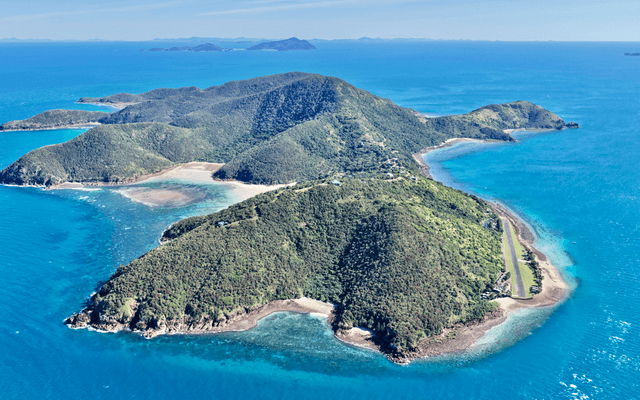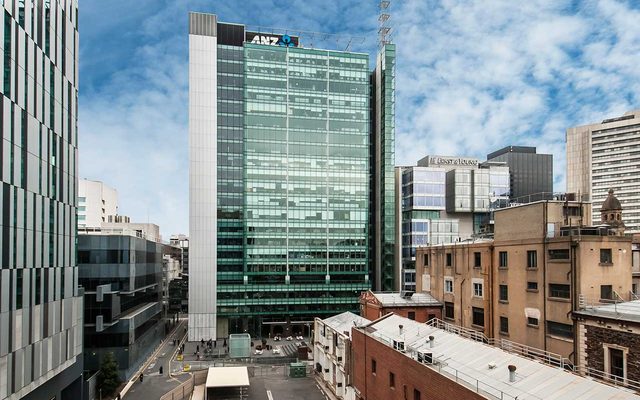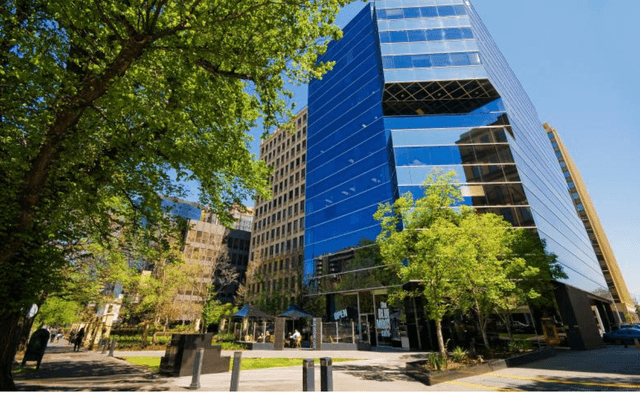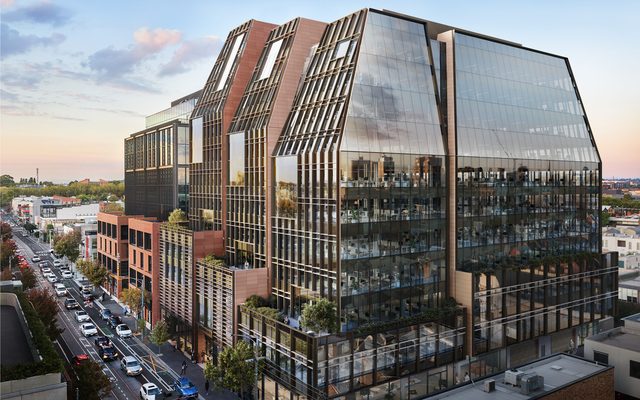This article is from the Australian Property Journal archive
SOUTH Australian consumers will ultimately bear the brunt of a new car park levy, as owners are expected to pass on the government's new $750 fee, according to CBRE.
The proposed car parking levy is due to be implemented on July 1, 2014 and will apply to public car parks, short or long-term leased car parks, private car parks that attract FBT and on-street ticketed car parks.
CBRE manager of research Kate Gray said the cost on car park owners would inevitably be passed on to consumers, however, the immediate consequences of the levy remain to be seen.
“Depending on the market, owners may see some push-back from tenants regarding price increases, which could see them absorb the additional cost until lease renewal. The levy will filter through to the consumer eventually, but it is important that owners are aware that there may be a transition period where they have to take it on board,” she added.
The levy is expected to generate $26 million in the first year, with these funds to be reinvested into transport infrastructure such as park and ride facilities across Adelaide.
According to Adelaide City Council, there are 22,789 car parking spaces within major multi-storey stations in the CBD, with an additional 10,400 on-street parks and 23,749 commercial parks.
Based on the annual levy, the state government estimates car parking rates will increase $2 per day for 100% occupancy, however this could vary, for example at 80% occupancy this would be closer to $4.
“Car parks with low occupancy rates will be more impacted by the levy, however, owners should consider withdrawing marginal spaces if this is the case,” she suggested.
CBRE Adelaide director of sales and leasing Andrew Bahr said tenants already locked into fixed term leases were likely to avoid any price increases until renewal, meaning owners would ramp up lease prices down the track.
“Owners and tenants will each wear the cost of the levy at some stage, which will result in higher operating costs that could prove too much for some parties. The money could be recovered through car parking price hikes but then you may see a drop in the visitor numbers, which would still impact on cash flow,” he said.
Bahr said while evidence in other states suggests there has not been a material impact on CBD visits, there is still an element of risk with the unknown.
“CBD retailers may lose business to the suburban centres as people take advantage of car parking offered in these areas,” he explained, adding that this was likely to be a bigger concern for businesses already struggling in a difficult retail climate.
According to the Australian Bureau of Statistics, 84% of people in Adelaide commute to work by car as a driver or passenger – the highest percentage of car usage as work travel nationally.
With just 8.2% using public transport, Gray said increased car parking charges could prompt more people to use trains, trams and buses – adding to pressure on the already troubled network.
Adelaide City Council looks to be the biggest affected by the levy, with the local government body owning seven stations with 4,228 car spaces. The state government also owns the Convention Centre car park, which controls 2,088 car parks and is the second largest holder in the CBD.
The average casual daily rate for parking in Adelaide is $23 per day, with some car parks near Rundle Mall and the commercial centre closer to charging $28 per day.
More recently, the Victorian state government recently increased its car park levy 37% from $950 per year to $1,300. The levy will also include short-term parking-bays for the first time.
Property Review



